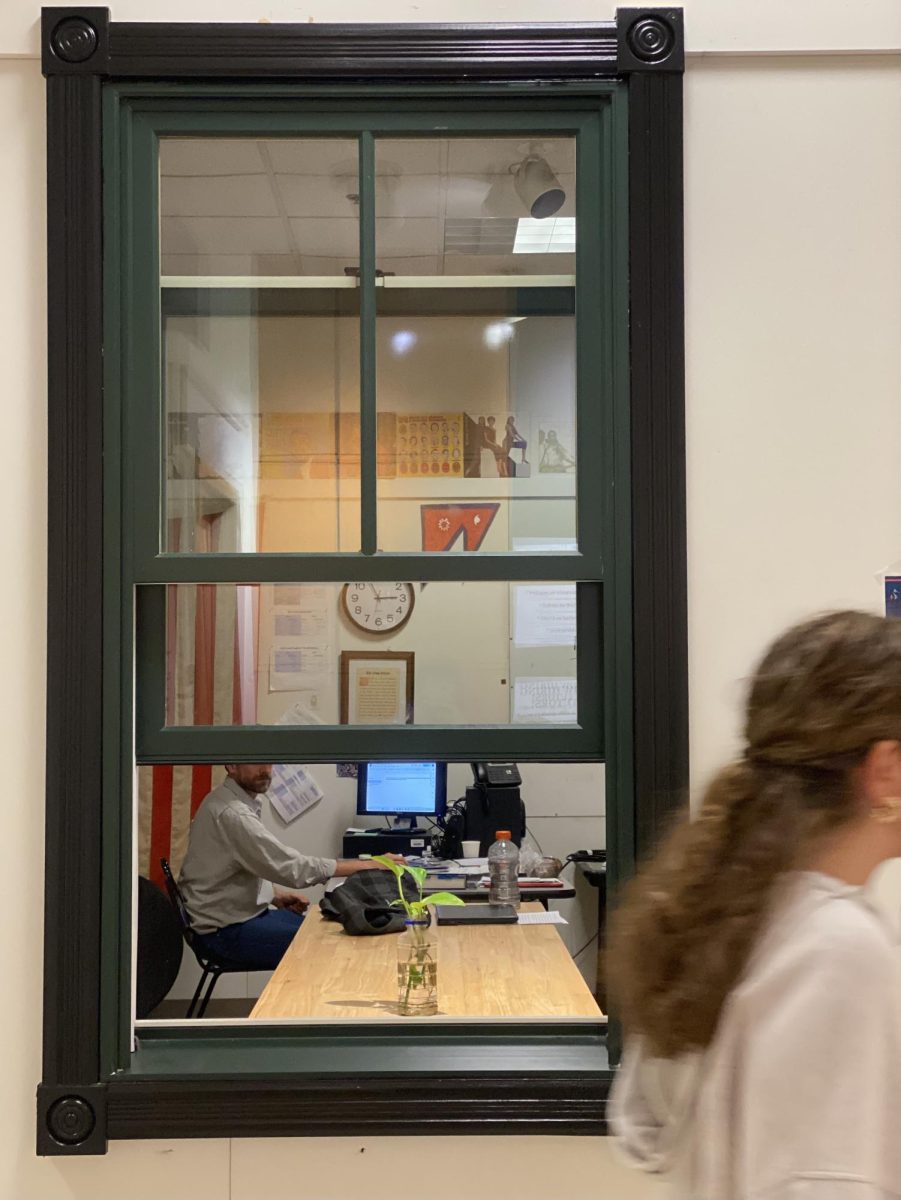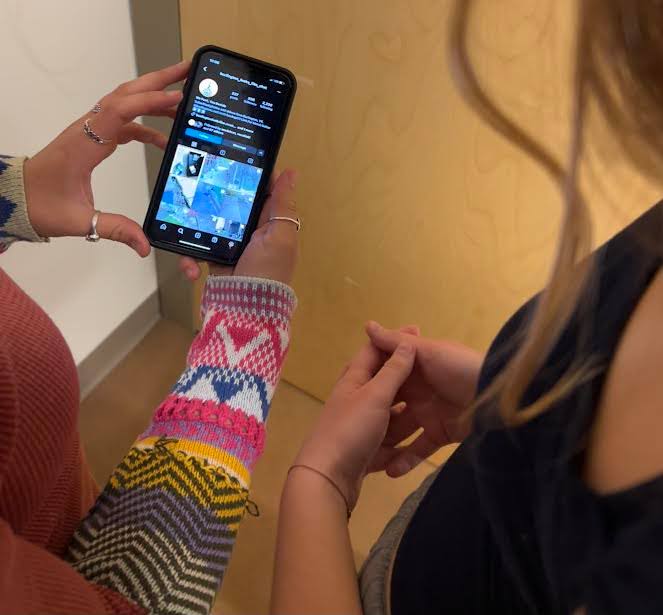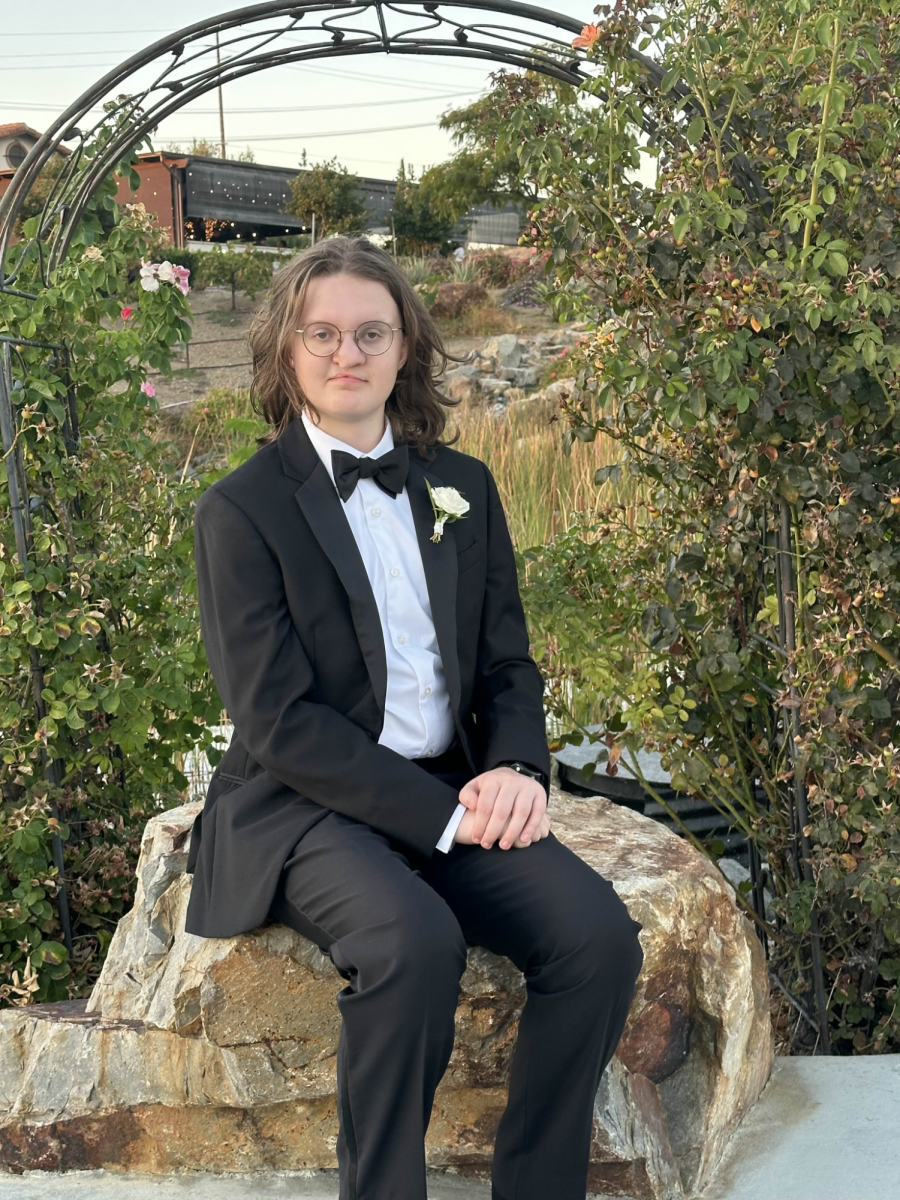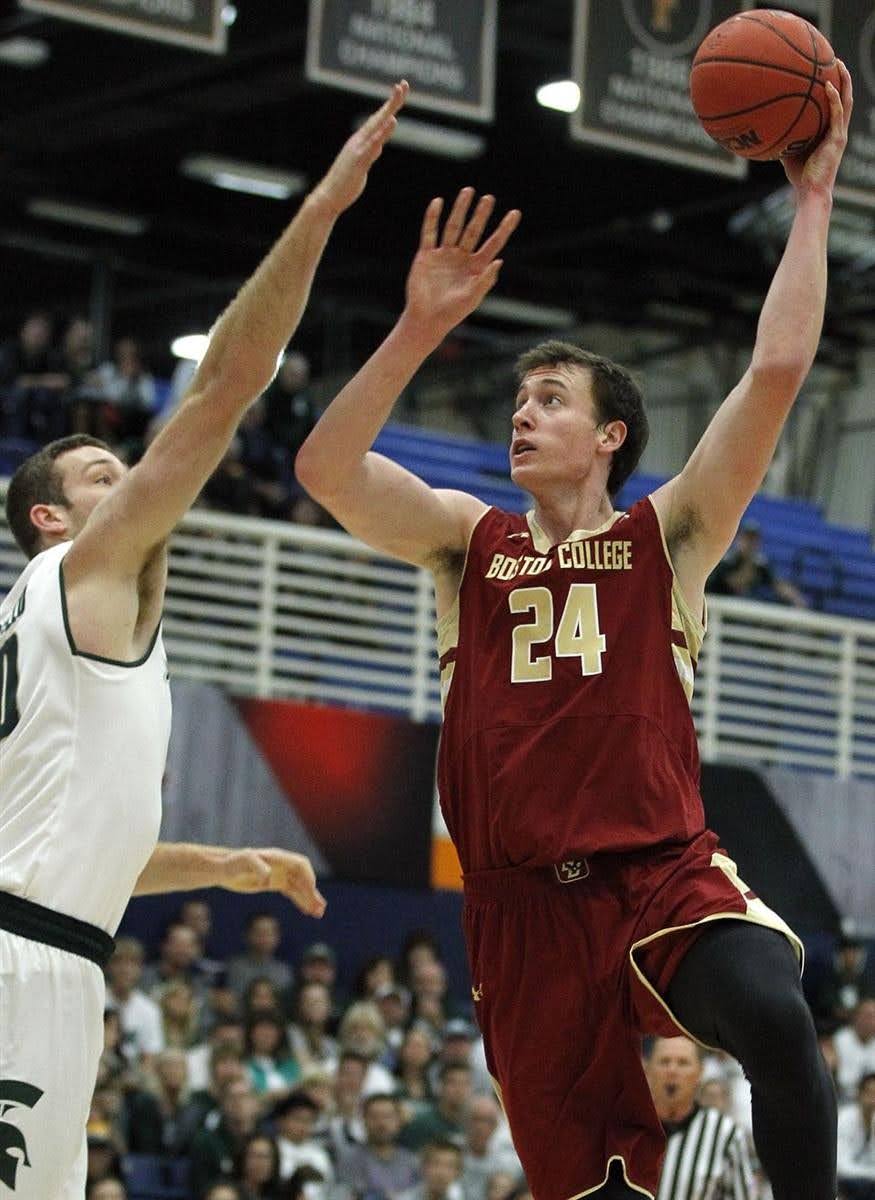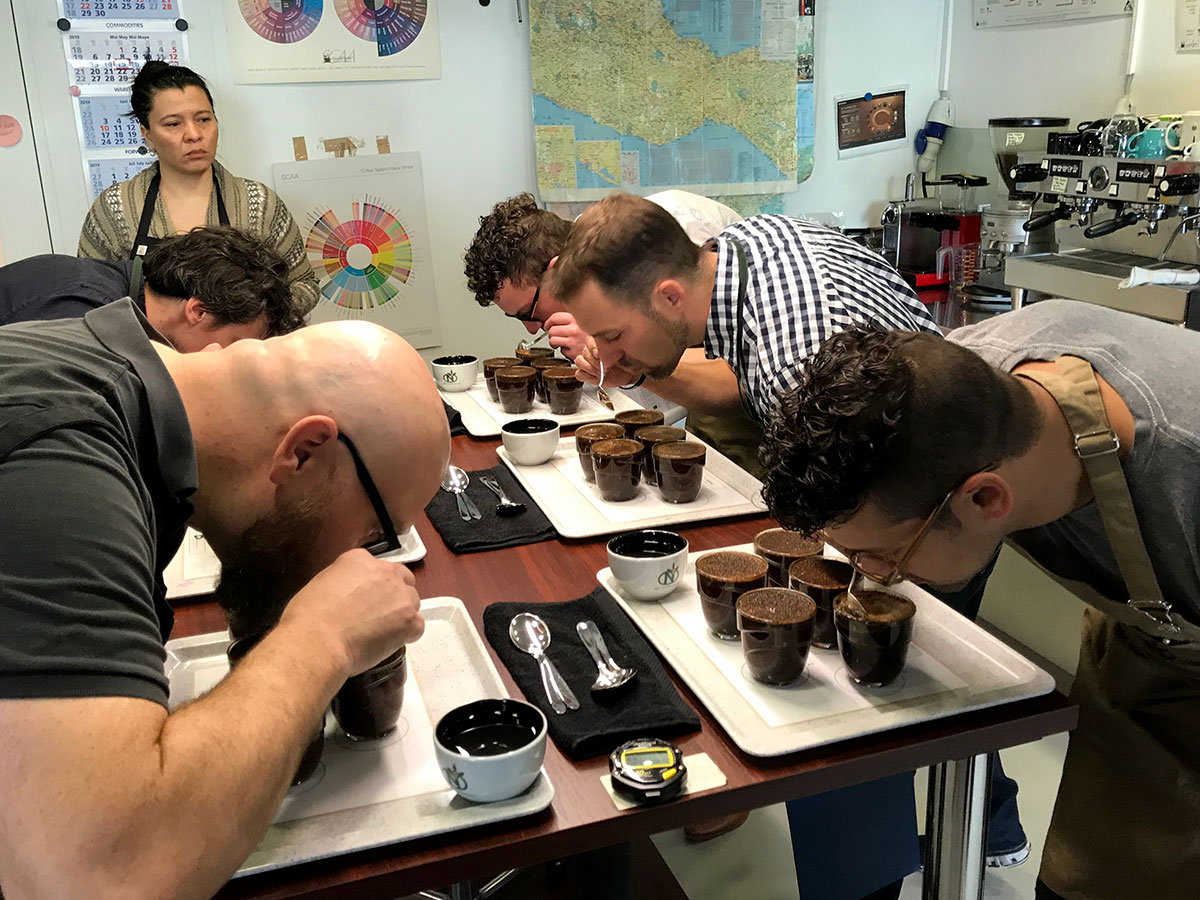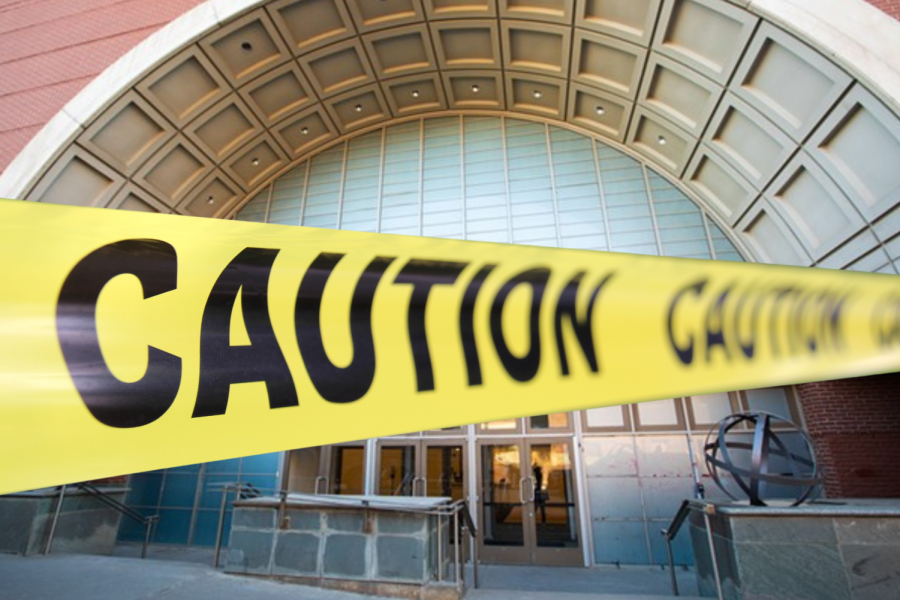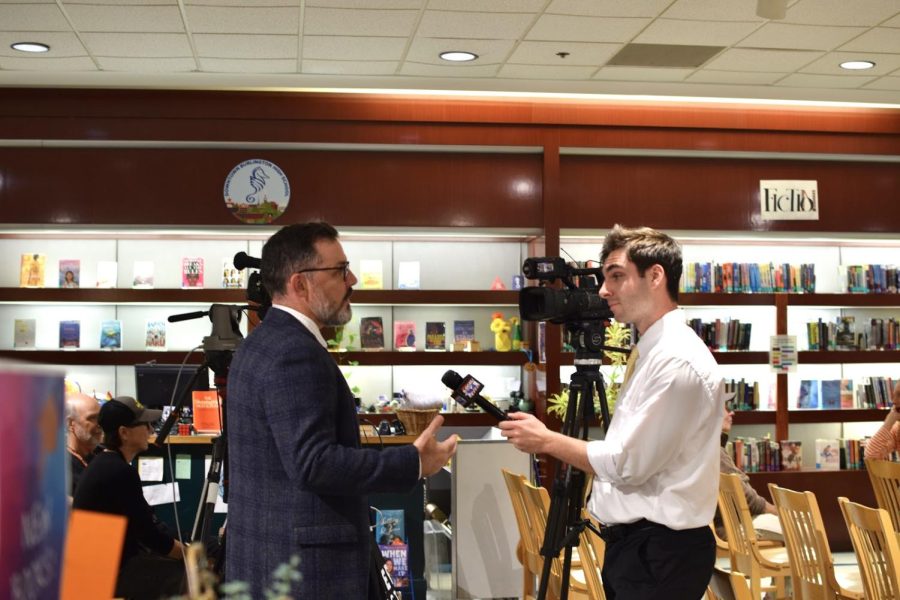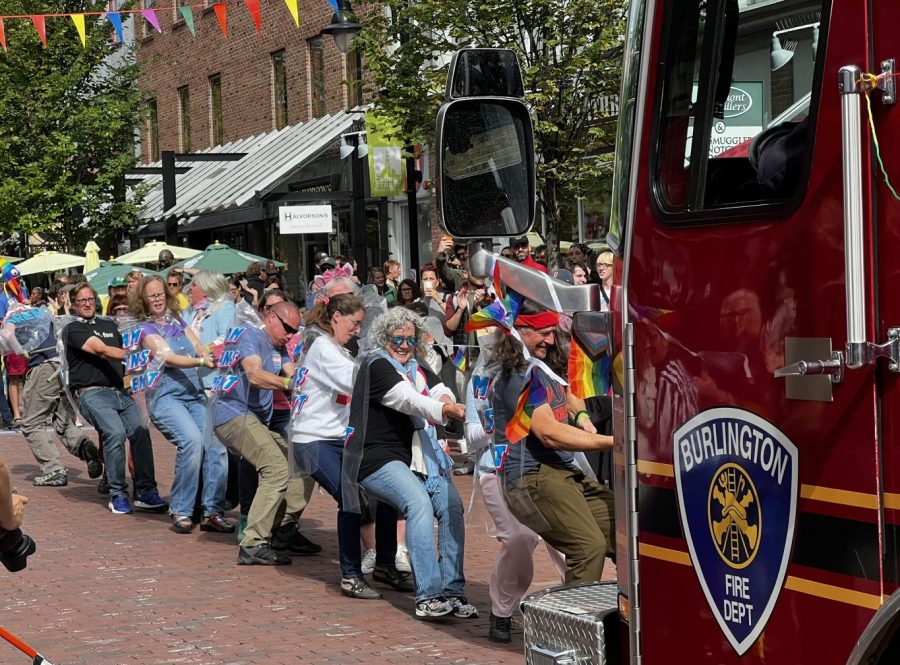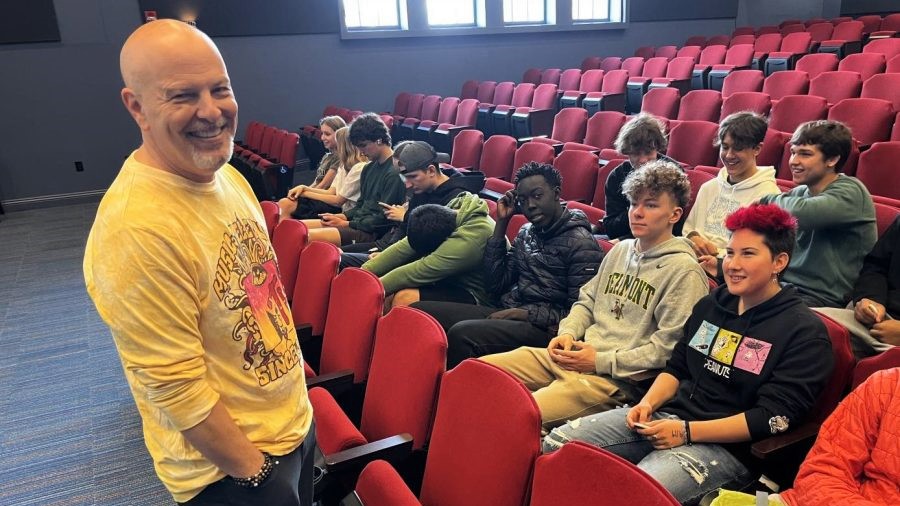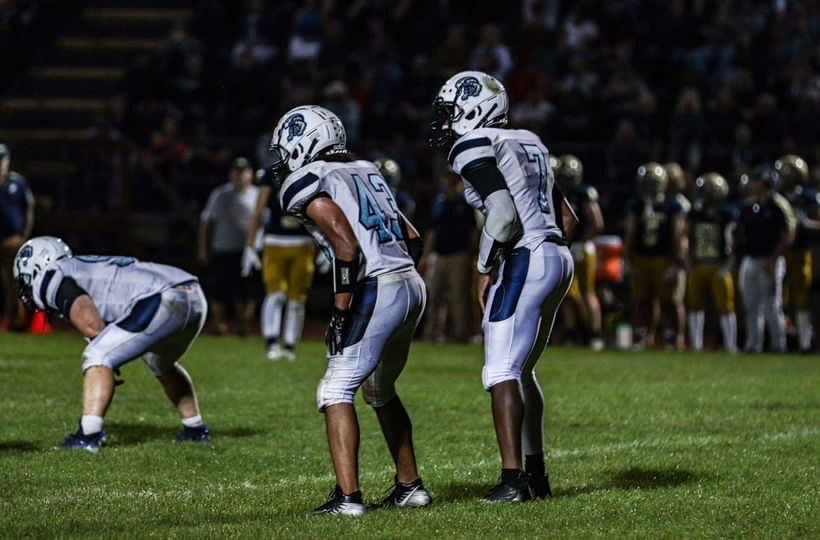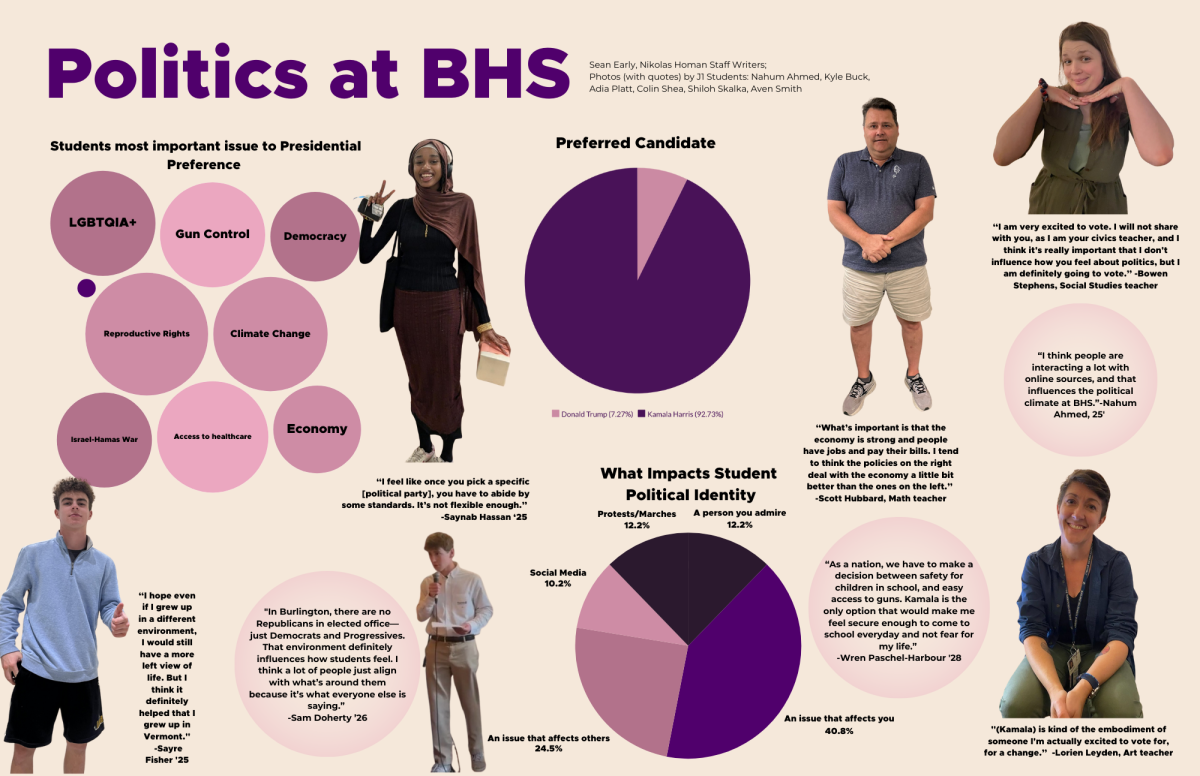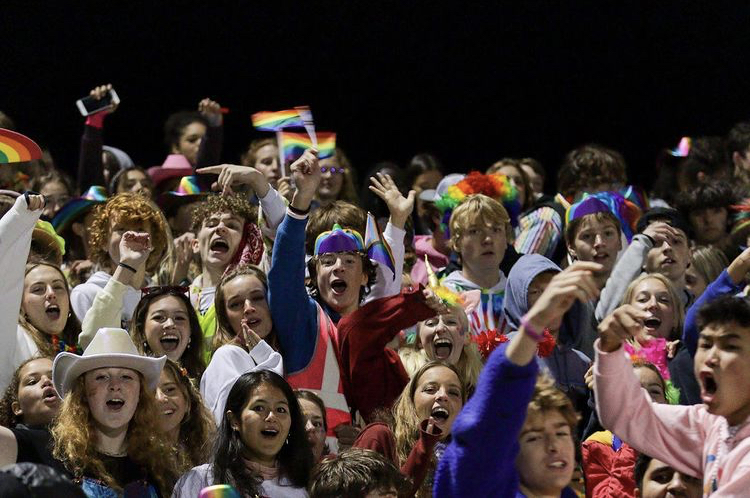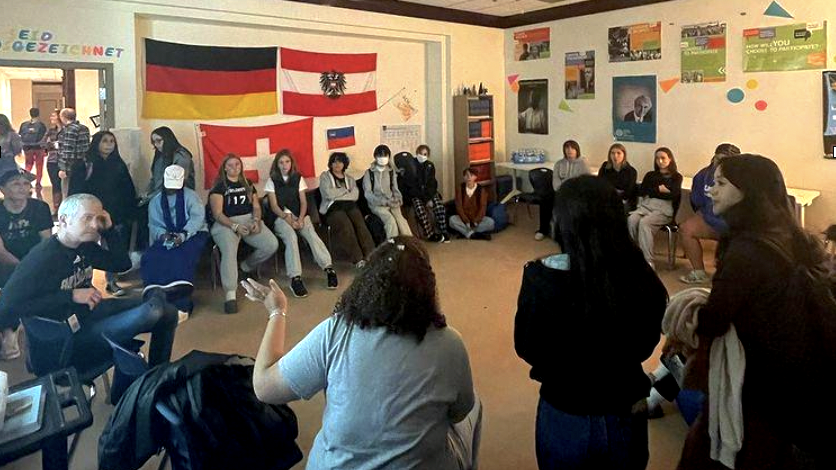By KCMalinda Hlordsz
Body shaming is a form of bullying.
Bullyingstatistics.org defines body shaming as the act of making someone feel badly about their body, for example, shaming them for being ¨too fat¨ or ¨too skinny.¨
i-D Magazine, a British bimonthly publication, stated that a 2016 Yahoo Health survey found 94% of teenage girls in America experience body shaming. i-D also shared that women take twice as long as men to develop self-confidence.
There are many students at BHS who said they had negative experiences regarding body shaming.
¨Yeah, people have said negative things about my appearance and its brought me down or ruined my mood for the day,¨ Grace Kahl, a BHS junior, said.
Body shaming is not exclusive to high school, either. From filtered posts on Instagram to photoshopped magazine covers screaming headlines about how to get the “hottest beach bod” at us in the checkout aisle, body bashing is very prevalent in our culture.
“I’ve had multiple issues with bullying when I was younger and I’m sure they [meant it],” Lila Woodward, a BHS junior, said. “I dressed weird, I dressed in a lot of crazy patterns. I had weird hairstyles, and I was short.”
Body shaming can often lead to eating disorders. At least 30 million people of all ages and genders suffer from an eating disorder in the U.S, according to the National Association of Anorexia Nervosa and Associated Disorders (ANAD).
Body shaming is especially rampant on social media, and some celebrities like Carly Pearce are showing girls how to fight back. Pearce, a music artist, had just finished her show in Iowa when she received a surprise in her direct message via Instagram. The message, which was sent by someone who attended the concert, contained pictures of her stomach and the question ¨are you pregnant?¨ typed underneath.
Pearce recognized this as body shaming because the sender assumed she was not supposed to have visible fat on her stomach.
In disbelief, Pearce took a snapshot of the direct message (leaving the sender anonymous) and re-posted it on her account.
Pearce is not alone. Many famous celebrities have been shamed for being ¨too thin¨ and ¨promoting anorexia.¨
¨Zendaya is a thinspo model for your impressional tweens,¨ Julie Klauser, a comedic influencer, said.
She accused Zendaya of starving herself.
Zendaya, an actress and a singer responded by encouraging her fans to love their bodies.
¨Do you think this is funny? Now….everyone go look in the mirror at their beautiful body, and love that s–t,¨ Zendaya responded.
Social media overall has a big impact on everyone that uses technology on a daily basis. According to Eating Disorders Review, a treatment center in Chicago reported that 30-50% of teen patients reported using social media to justify their eating disorder.
BHS Guidance Counselor Tim Wile weighed in on the effect of social media on self-confidence.
“To be self-confident you have to have a sense of self. Social media creates this endless feedback loop. With that constant evaluation, when do we ever decide who we are, what we want to be, and how we feel about ourselves? We don’t have times to stop. It’s hard to develop a sense of self.¨ Wile said.
When used in a positive way, social media has the potential to inspire that confidence in users. However, when used negatively social media often becomes a platform for cyberbullying.
¨Social media has impacted my life differently based on what app it is,” Alyson Vigneau, a BHS freshman, said. “On Instagram, I receive mostly positive comments on my posts which boost my confidence, but on Snapchat, it can really depend on who I am talking to.”
“Other people who judge you only do such things because they wish to have a sense of authority and power over you, putting you below them. But if you love yourself, no one else can change your opinion.”
-Alyson Vigneau
It seems that the positivity of Pearce and Zendaya is getting through to teen girls.
“For women or younger girls, there is also no right or wrong body type. Everyone develops differently. Take your time. Do not rush anything. Have fun with your body changes,¨ Kayley Hays, BHS student who attends The Center For Technology, Essex (CTE), said.
Hays says males are body shamed too, and they should also respect their bodies. The same Yahoo Health Survey found that 64 percent of teen males have also been body shamed.
¨Certainly many people have called me a lot of things regarding my physical appearance and physique. My reaction for that is F**K you,” Rupesh Gurung, a junior from BHS said. “Appearance-wise, it was by the hands of God, [and I] can’t change much about that. Physique wise, I do my best to maintain shape.¨
Most students agree that your view of yourself is the most important. Vigneau uses self-love is a type of shield against body shaming.
“It doesn’t matter what other people think! You are individually flawless, and no one else can tell you otherwise,” Vigneau said. “Other people who judge you only do such things because they wish to have a sense of authority and power over you, putting you below them. But if you love yourself, no one else can change your opinion.”
The challenge for students is to find the things that make them more confident in their own bodies and not let others take that away from them.
¨My eyes are pretty. Even though I feel like my arms are bigger and legs are bigger, it’s actually muscle, so I’m confident. I´m actually strong. Seeing people these days putting out that all bodies are pretty is really nice to hear…” Kahl said.
When Lalita Bhattarai, a BHS junior, looks in the mirror, she does not see the negative things people say. Instead, she finds a way to appreciate her reflection.
“I see a beautiful face, with a big smile. It makes me confident when I trust myself and when people encourage me,” Bhattarai said.





